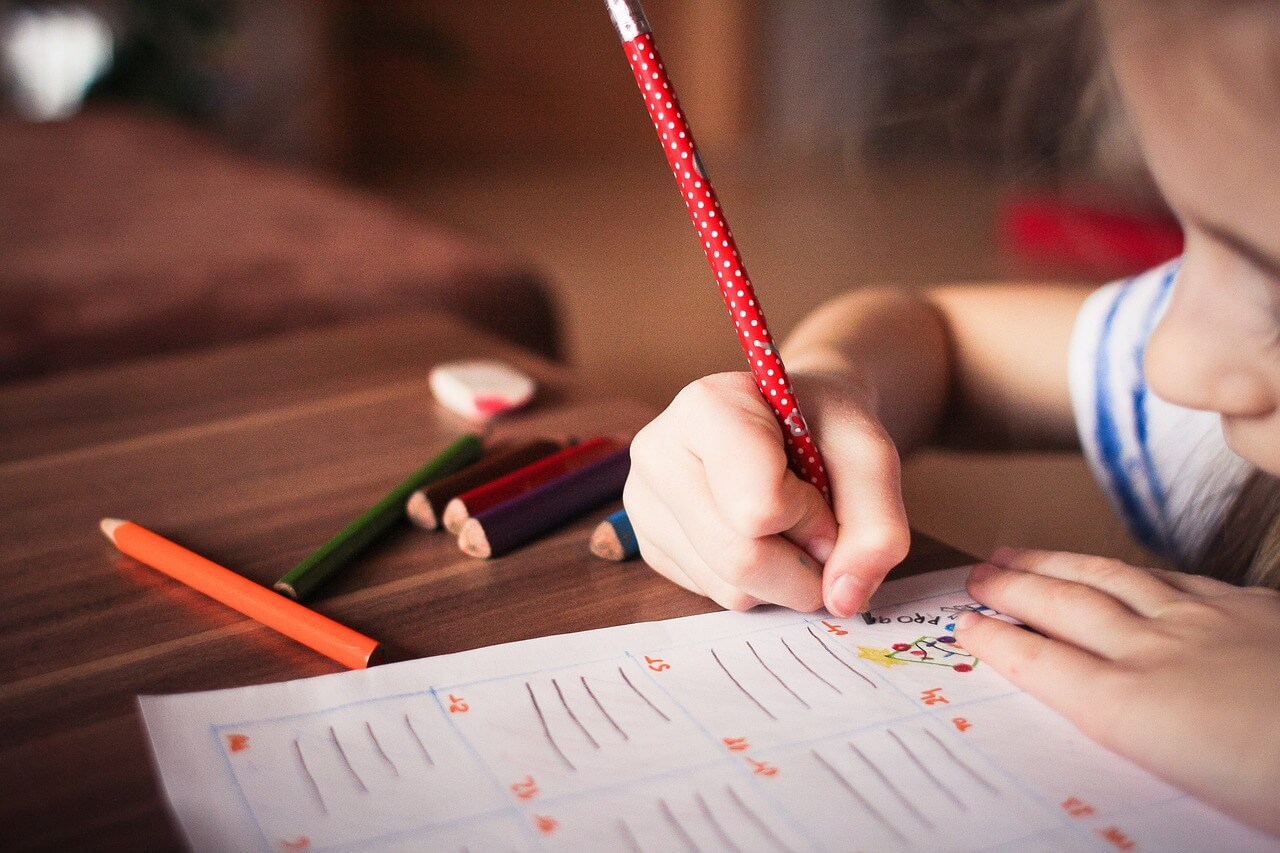Ensuring kids acquire excellent literacy skills in the digital age, where technology permeates every aspect of life. Reading, writing, and effective communication are all parts of literacy abilities that are crucial for academic achievement and future aspirations. While schools play a big part in developing these abilities, parents can also help their children become more literate from the comfort of their own homes. This article offers eight helpful suggestions for improving your child’s literacy abilities through fun and imaginative activities.
Create a Reading Routine
Building your child’s literacy skills at home requires establishing a regular reading schedule. Set aside a particular period of time each day for reading. Children who engage in this routine will enjoy reading and develop good habits. To increase your child’s love of reading, encourage them to select books that they are interested. Create a calm atmosphere that encourages attention and relaxation during this designated reading time. due to this habit, your kid will love reading, which will also boost their vocabulary, comprehension, and overall literacy.

Engage in Shared Reading
Reading aloud to one another as parents and kids are known as shared reading. It is a great approach to raise literacy levels, especially for younger kids. Pick age-appropriate literature, then alternate reading aloud. Take breaks from reading sometimes to talk about the plot, characters, and themes. Children’s language development, critical thinking, and comprehension are all improved by this interactive method. It also fosters a healthy reading environment and promotes the link between parents and children.
Encourage Writing Activities
Literacy is fundamentally based on writing. Encourage your youngster to participate in different writing exercises. Give children journals or notebooks so they can use writing to communicate their thoughts, ideas, and experiences. Encourage children to compose poetry, short stories, or even letters to their loved ones. Writing activities improve grammar, vocabulary, and all aspects of writing. Encourage your youngster to experiment with many writing genres and techniques to broaden their horizons.
Create a Literacy-Rich Environment
Surround your child with books, magazines, and other reading resources to make your household a literacy-rich space. Create a relaxing reading area complete with a chair, pillows, and bookshelves. To make the books more accessible, group them according to topic or genre. Encourage your youngster to read fiction, nonfiction, poetry, and other genres. Your youngster will read more often and experiment with different literary genres in an environment that is pleasant to the eye and easily accessible.
Organize Literacy Events
Organizing literacy speaking events can be a creative and successful strategy to help your child’s literacy. These occasions might be book groups, poetry readings, or storytelling sessions. Choose and share your child’s favorite poetry or stories to encourage active participation. Their capacity to successfully communicate their thoughts and ideas is improved, along with their public speaking abilities, confidence, and self-esteem. Additionally, it enables students to learn from their classmates and spread their love of literature.
Utilize Educational Apps and Online Resources
Literacy instruction can be made more interactive and engaging by incorporating educational apps and online resources. There are several applications and websites that provide instructional activities, tests, and reading materials aimed at improving literacy abilities. Select trustworthy, age-appropriate resources that fit your child’s interests and academic objectives. Watch how they use it to maintain a healthy balance between screen time and other activities. These tools can offer your kid extra help and practice opportunities to improve their reading, writing, and comprehension.
Foster a Love for Language
Increasing literacy requires cultivating a love of language. Engage in word games, puzzles, and riddles with your child to help them develop their language skills. Play with words, encourage kids to incorporate new terms into everyday conversations, and have dialogues about the definitions and history of words. Introduce children to various literary techniques, including alliteration, metaphors, and similes. Their general reading abilities are improved due to this greater comprehension and respect for language. Make a fun and encouraging setting so language can be appreciated and explored.
Be a Role Model
You are an essential role model for your child as a parent. Show your passion for reading and writing by partaking in these activities. Let your child observe you reading books, newspapers, or even writing letters or journals. Have meaningful discussions about literature, share your reading recommendations, and talk about your reading experiences. Encourage your kids to participate in discussions, express their opinions, and ask questions. Your enthusiasm and commitment will encourage your child to have an active interest in literacy and to learn new things throughout their lives.
Conclusion
The process of enhancing your child’s literacy abilities at home can be gratifying and fun. You can dramatically improve your child’s literacy skills by establishing a reading regimen, participating in shared reading, encouraging writing exercises, and cultivating an atmosphere rich in literature. Their general literacy development will also be aided by planning literacy events, using educational applications and internet resources, encouraging a love of language, and serving as role models. Take advantage of these suggestions to give your child the gift of reading and set them up for future success.